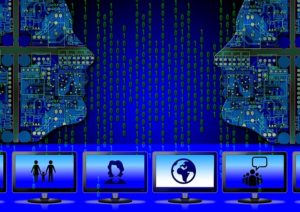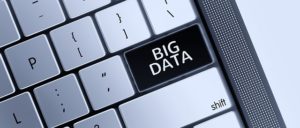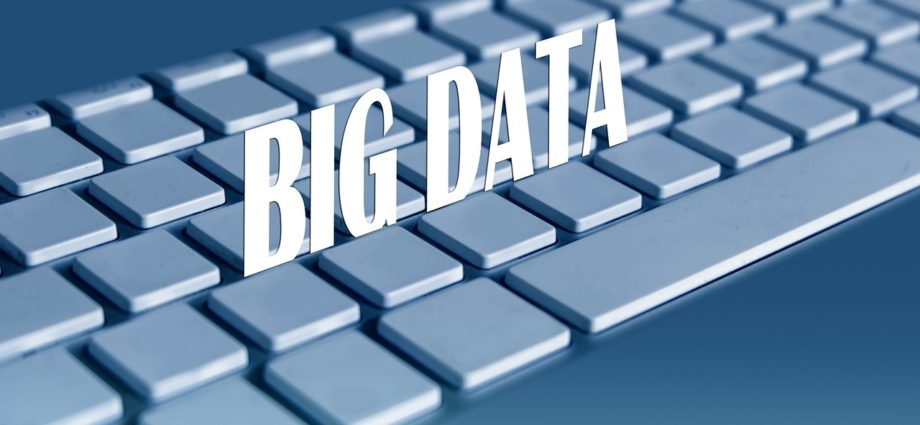Big Data is a phrase that has been going around the internet during topics concerning business and marketing strategy. The gist of it is that Big Data is used by the companies to predict how their client base will behave in the upcoming period and plan their business strategies accordingly. However, we need to examine this in a few more details.
What Is It?

Big Data is a name used for processing large quantities of data, meaning analyzing the data, drawing conclusions from it, and planning your next step based on what you have learned. This cannot be done by traditional means, because the volume of the data is simply too large – we are talking about zettabytes of data. To put this into perspective, one zettabyte is the same as 1 million terabytes.
The volume is not the only problem. Using the data is a challenge when you want to convey it to someone else. You have to find a way to transfer the data, draw conclusions, visualize the information, keep the info updated and secure, search for specific pieces of data you need, and so on. It is not a simple process and companies tend to have their own approach with coming up with a system to handle all of these tasks.
What Is It Used for?

The application of Big Data varies from organization to organization. Private corporations that provide the public with goods and services use this information to predict the habits of their consumers. For example, the retail industry and the pharmaceutical industry use Big Data to discover when people stop trusting their country’s economy and fall on alcohol and over-the-counter medication to feel better. They are then capable of profiting off of the situation by adjusting their inventory accordingly.
Healthcare uses it to plan national and international campaigns in order to improve the health of the general populace. Politicians can use Big Data to better prepare their campaigns by discovering which issues the majority of people are concerned over and addressing these issues in their campaign (for more information on the subject, we recommend searching the news related to Cambridge Analytica).
How Accurate Is It?

This is a very difficult question. The most honest answer would be: fairly accurate. The problem with analyzing, extracting, processing, and drawing conclusions from the data is that it consumes both time and resources. As such, people are often struggling to find the optimal way of completing these processes, often ignoring things they deem unimportant at the lowest levels.
It is very difficult to draw conclusions without a bias. Furthermore, the data sometimes shows the connections between two or more events, but it is difficult to determine which event causes the other one and whether this model can be used to predict the results in the future.
That being said, Big Data is being used constantly by various national, international, and private organizations, so there is a lot of merit in the process. The thing that should worry us is: how much information of ours do the governments and companies possess?

